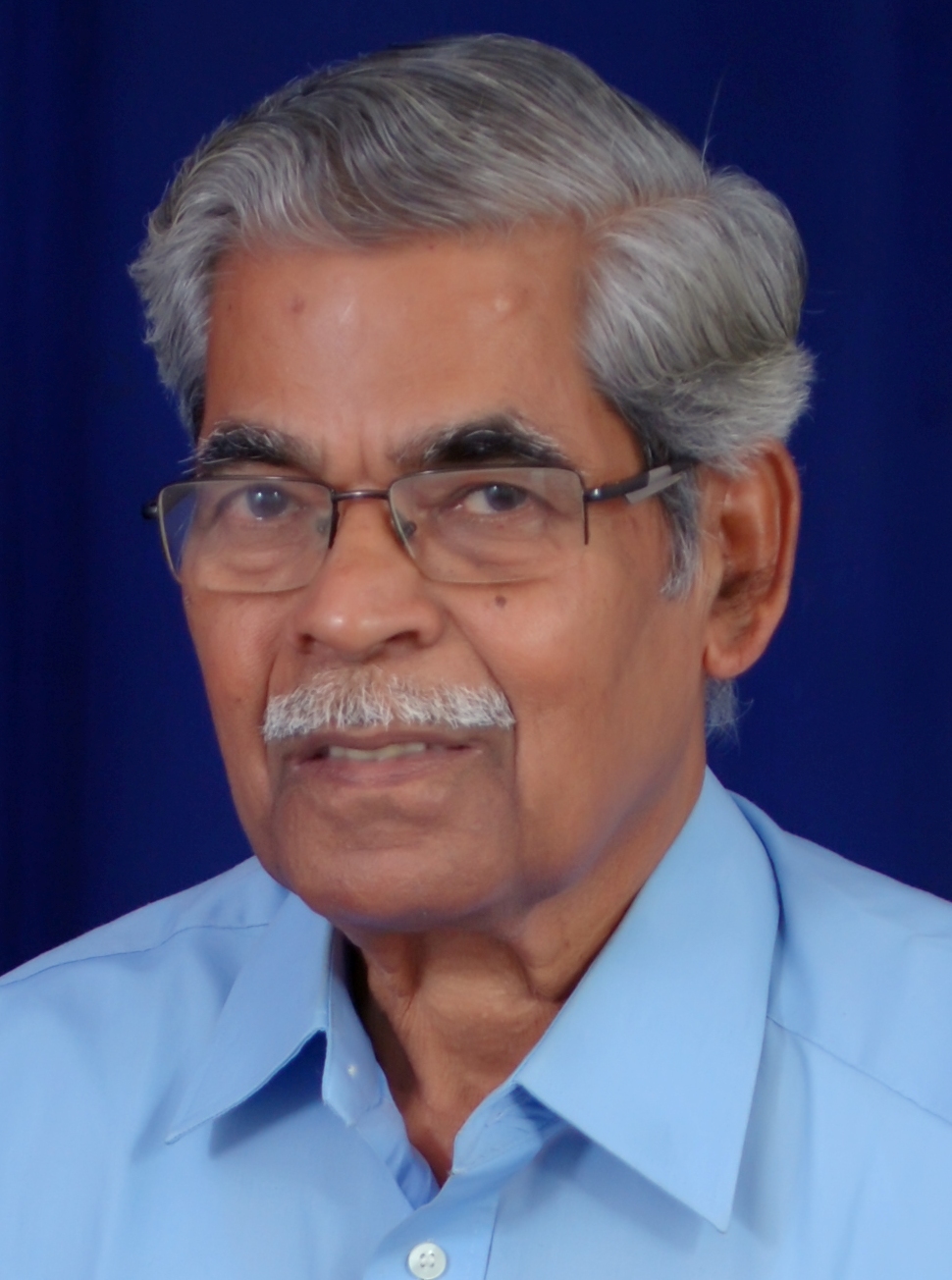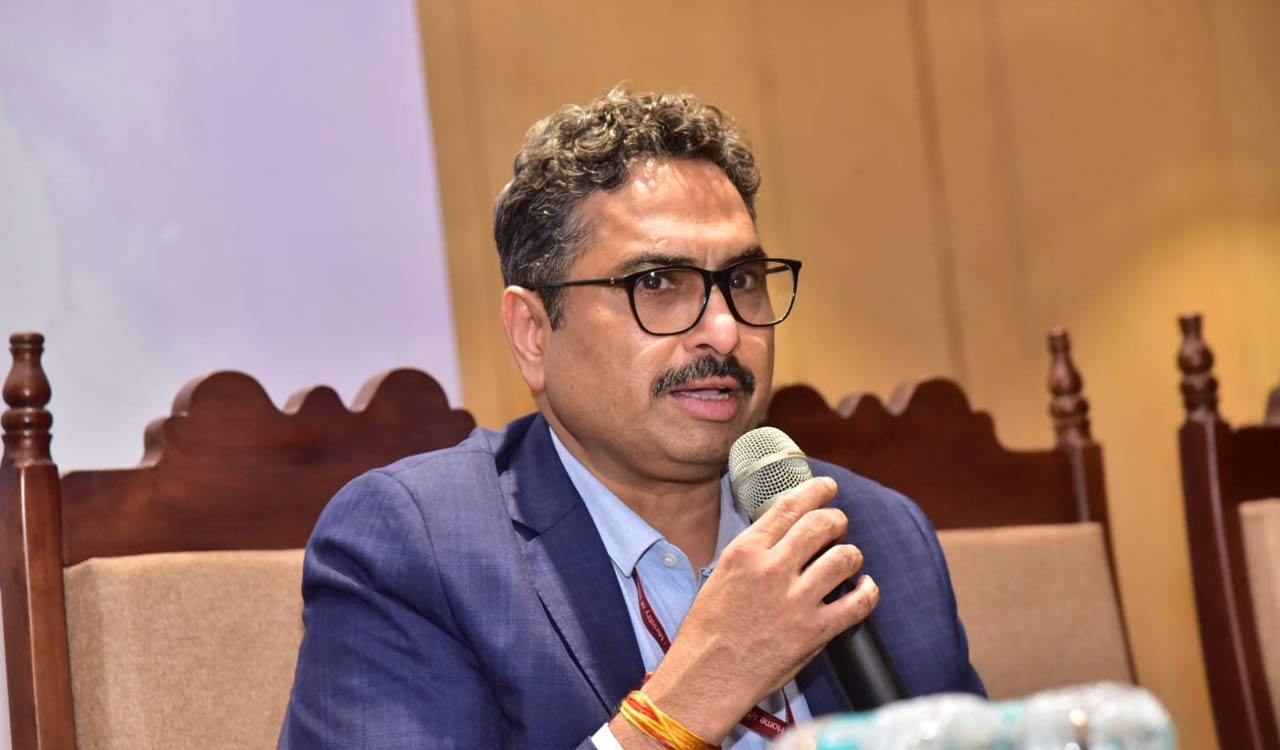Rewind: Hacking History
Altering past historical facts to suit present-day preferences is denying a generation a strong foundation that stands on truth

By KSS Seshan
The indiscriminate removal of several chapters on the Mughals in the medieval period of Indian history in the syllabus for school textbooks as per the guidelines of the New Educational Policy of the Government of India has left every right-thinking person in utter shock. This act of censoring history for textbooks has left historians, researchers and teachers of History embarrassed, to say the least.
Napoleon Bonaparte, the invincible French warrior, in the last days of his life at St Helena, musing over his past achievements, which by then had become a part of history, is reported to have said about History: “History is the torch of truth, the destroyer of prejudice”.
If everything about the past is bottled and all the efforts and struggles of the past generations are completely forgotten, humanity will be poorer for it
Though the comment was made in an off-hand way and not as a definition of the subject of History, it is so apt and appropriate that it has surpassed all the formal definitions orchestrated so far by any academic practitioner on the subject. Napoleon exactly highlighted the role that History plays, but whether we are allowing it to play its role is a matter that is cropping up today.
Philosophy in Action
History is philosophy in action. To a school-going child, History is a mere list of kings and queens, battles and dates. But to a mature mind, history has a deeper significance. It is a record of the life and conditions of the people, their struggles, their successes and failures, and their shortcomings and progress. This story of societies, as recorded in the pages of History, is sometimes thrilling, sometimes sad, but it has an inspiring and ennobling effect.
History is not confined, as the British historian Thomas Carlyle thought, to the lives of great men “who deserve to be worshipped for what they had contributed to human civilization…” On the other hand, History is the story of the fascinating and glorious experiences of nan in his journey on the path of civilisation.
It is the revamping of the syllabi that is the need of the hour, not the removal of the chapters lock, stock, and barrel as is being now done to toe the ideological leanings of the ruling powers
Every possible sphere of human activity finds recorded in history. It includes Literature, Economics, Politics, Sociology, Anthropology, Philosophy, Science, Technology, Medicine and possibly every branch of knowledge. Therefore, a historian is not merely concerned with the dynasties and the dates. Their major task is to understand the spirit of the past ages and trace the main principle which governed and guided the people of every age and country. It is their endeavor to discover the factors responsible for the rise and prosperity or the decline and doom of an empire or a nation.
Foundation for Present
Though history represents the “past”, it is but the foundation for the edifice of the present as well as the future. It will be an anachronism to review past historical occurrences solely in light of present-day conditions and developments. It would be wrong to justify present actions seeking shelter under history. As history is the quintessence of human experiences during a given time and space, no two historical occurrences also can be very similar.
There is of late a notion among the powers that be that Social Sciences, in general and History, in particular, do not contribute the knowledge that is essential to practical life. For those who think that human welfare and development rest only on the attainment of material prosperity through science and technology, History is redundant. But unfortunately, they have ignored the fact that when human development is sought only through material progress, then the very policy is suicidal. We are only cutting the grass under our feet if we consider that study of History is not beneficial to mankind.
History is not confined, as Thomas Carlyle thought, to the lives of great men “who deserve to be worshipped for what they had contributed to human civilization…” but is the story of the fascinating experiences of man in his journey on the path of civilization
If everything about the past is bottled and all the efforts and struggles of the past generations are completely forgotten, humanity will be poorer for it.
If today we have reached a better stage of progress, it is partly due to our knowledge of the past. A study of such past experiences has given us the power of reasoning and the capacity to distinguish between right and wrong. If we believe in the fact that all our hope and aspirations depend on a sound understanding of the past, we cannot but revive interest in the study of History. In the course of our lives, even in the most scientific age, we need landmarks to guide us in our quest for truth.
The negative attitude to History to an extent is also due to how the subject has been made to represent in textbooks at various levels. The framing of the syllabus of History textbooks to a large extent has also contributed to weaning students from the subject, making parents frown and finally driving governments to contemplate the very removal of the subject.
Analytical Approach
It is but natural that we generally tend to search in history for what we feel is important in society today. If this dictum is kept in mind, History books should give importance to the socioeconomic conditions of the bygone days in a much more conspicuous manner than what is dished out today. History teaching should move from the present position of memory-oriented presentation to an analytical approach. Mere dynastic history with an overbearing on governmental policies, devoid of the impact of such policies on the people, as is done today, in a way, is chiefly responsible for the sad state of the subject, History.
While at the research level, we have taken History to great levels of progress much to the commendation of the scholars world over, at the school and college levels, the fruits of such research have not been incorporated. The content of History should invariably include aspects pertaining to those who were administered rather than merely the administrators. Aspects about economic situations, social movements, peasants’ struggles, scarcities and famines, etc, hardly find a place in History texts.
Mere dynastic history with an overbearing on governmental policies, devoid of the impact of such policies on the people, as is done today, is chiefly responsible for the sad state of the subject History
These aspects may not be the very rosy side of the past, but they do reveal the stark realities and situations of the past. Who will deny that “our sweetest songs are those that tell of saddest thought.” There is, therefore, an immediate need for a thorough overhauling of the History syllabi at every stage of teaching — school, college and university levels. When this is done, no one needs to make a special effort for the retention of History as a subject of study. The intrinsic social values inherent in the subject become self-explanatory and the subject itself can take on any of its detractors or government.
It is the revamping of the syllabi that is the need of the hour, not the removal of the chapters lock, stock, and barrel as is being done now to toe the ideological leanings of the ruling powers.

(The writer is a retired Professor of History at the University of Hyderabad)

Related News
-
Turkish armament factory blast kills at least 12 people
9 mins ago -
Hyderabad: Crime rate shoots by 64% in 2024
18 mins ago -
Leopard spotted and panic prevailing in Nandipahad village under Maddur mandal
36 mins ago -
Vysya Limelight Awards for women 2024 presented
49 mins ago -
Groups job aspirant ends life in Hyderabad’s Ashok Nagar
51 mins ago -
Unpaid loans: DCCB erects auction flexis in farmers’ fields in Kamareddy
1 hour ago -
Forest officials prevent Podu land pattadars from cultivating lands in Telangana
1 hour ago -
Atul Subhash’s father seeks custody of 2-year-old grandson, lodges FIR
1 hour ago




